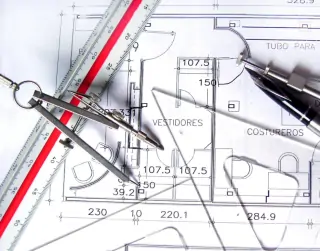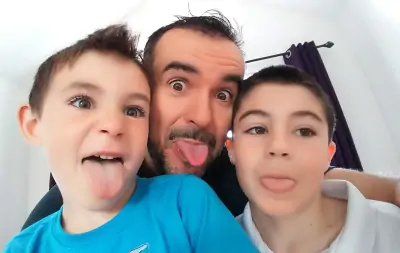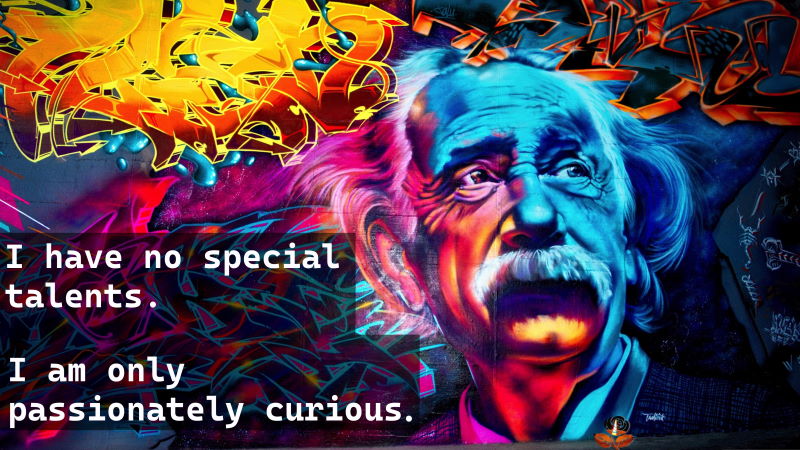In my author profile, I describe myself as “curious”. Here are a few of those ways that curiosity drives me to be better.
Curiosity helps me learn

I never could learn in school by memorizing anything - I utterly failed at subjects that required accurate recall. I did well in subjects that I was curious enough to go and understand so I could recreate from scratch what I needed to know in tests and exams.
Curiosity helps me learn.
Curiosity helps me listen

Staying curious while someone is speaking helps keep the focus on the message the speaker is trying to convey. They may feel like their message is coming across better, rely less on repetition, and have less of a chance of becoming defensive or exasperated.
Listening with curiosity does not mean I agree with what is being said. But I can’t form my own opinion if I don’t first try and understand theirs. Curiosity helps me listen.
Curiosity helps me coach

I like to approach being a coach to learn things myself, not just to impart knowledge. I seek to understand and listen before brainstorming and I brainstorm as a peer before I tell.
Curiosity helps me test

Being curious helps me be a better tester - it encourages me to try the “What If” scenarios and to form a more complete mental picture of what’s inside the black box.
Curiosity helps me test.
Curiosity helps me design

Iteration 2 is always better done by being curious about how Iteration 1 is actually working. Lift the covers, use a profiler, look at the logs. All of that information is a goldmine of inspirations for making Iterations 2 even better than that which came before.
Curiosity is not ignorance

If you are asked a question, treat it as an opportunity rather than an annoyance. Take the time to understand the context of the question and encourage follow-on questions as a path to helping your audience to a deeper understanding.
I hope my children are curious

My eldest son Damian has an amazing memory - he loves learning all the facts about a topic so he can later teach me from his unique point of understanding.
Stay curious for longer - it will serve you well.
